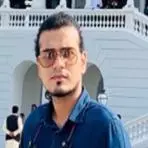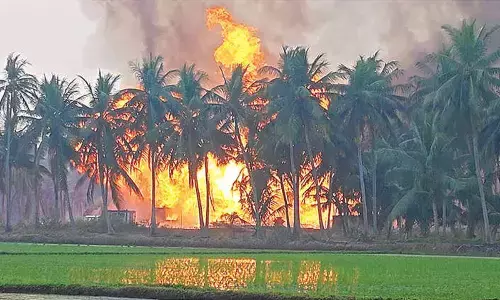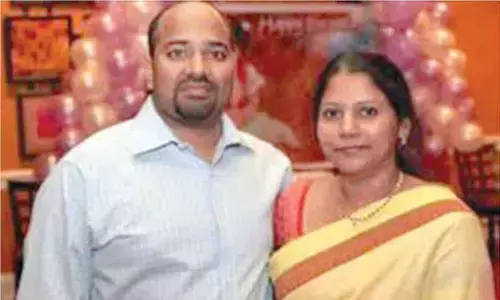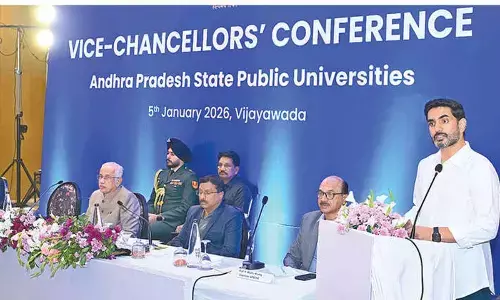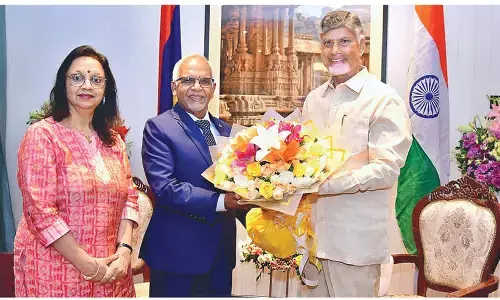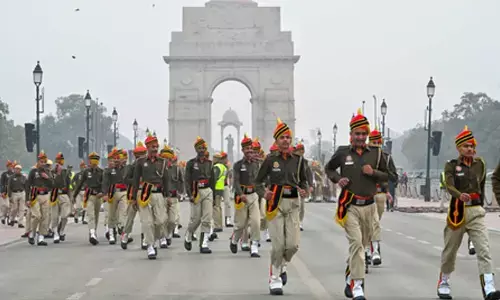Slums in hilly areas are beyond reach of dengue
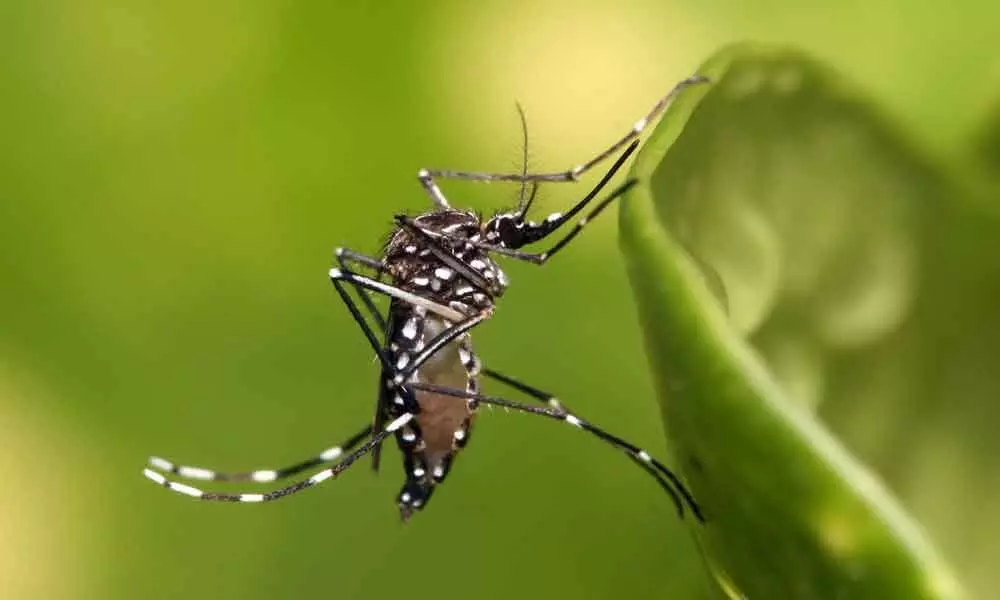
With the spurt in viral fevers from August onwards in the city, dengue has been affecting a large segment of the population at unprecedented scale.
Falaknuma: With the spurt in viral fevers from August onwards in the city, dengue has been affecting a large segment of the population at unprecedented scale. But a city-based NGO, Helping Hand Foundation, which is working with hundreds of dengue patients by providing them timely financial assistance and relief, has found lesser incidence of dengue in slums in hilly terrains.
The foundation while acknowledging that higher numbers of dengue this year, found it surprising that in some pockets like the primary health care centre it runs from Masjid-e-Ishaq in Achi Reddy Nagar, the number of cases was less when compared to other slums.
The reason could be hilly terrain. "Here we receive an OPD of 125-150 patient daily both children and adults from almost 22 surrounding slums like Teeglakunta, Nawab Sahab Kunta, Vattepally, Pahadi Gutta, Tekri, Fatima Nagar etc, the number of dengue cases are significantly low in fact we had only one documented case of dengue so far reported," said Mujtaba Askari of Foundation.
"Preliminary findings by our doctors and community medicine experts is pointing to the fact the most of these slums are hilly terrains and have less stagnant water around homes, and also these urban slums have little green cover like trees and bushes where mosquitos typically breed," said Dr Md Abdul Basheer, general physician attached with foundation.
According to Mujtaba Hassan Askari, his organisation has since mid-August supported over 160 dengue cases directly and indirectly all over the city. Direct support was given to 15 cases where monetary assistance was provided in settling hospital bill partially. All the 15 cases were those of children between 5 to 15 years from economically backward sections who had dengue related complications. It spent an amount of Rs 3.75 lakh.
The most crucial part of the support services to dengue patients both in the private and government hospitals is to procure blood and blood products, mainly RDPs (Random Donor Platelets) and SDPs (Single Donor Platelets), a total of 40 Units of SDP and 30 units of RDP was procured for patients costing Rs 5 lakhs (approx) between the month August and September, said Mujtaba Askari.
The healthcare workers of the NGO are working round-the-clock in monitoring the condition of the some of the dengue patients admitted in various hospitals and often swing into action whenever there is a SOS call for SDP.
ADDRESS THE CRITICAL ISSUE
Dengue patients both in the private and government hospitals find it hard to procure blood and blood products, mainly RDPs (Random Donor Platelets) and SDPs (Single Donor Platelaets)
Preliminary findings by our doctors and community medicine experts is pointing to the fact the most of these slums are hilly terrains and have less stagnant water around homes, and also these urban slums have little green cover like trees and bushes where mosquitos typically breed
– Dr Md Abdul Basheer, Helping Hand Foundation

